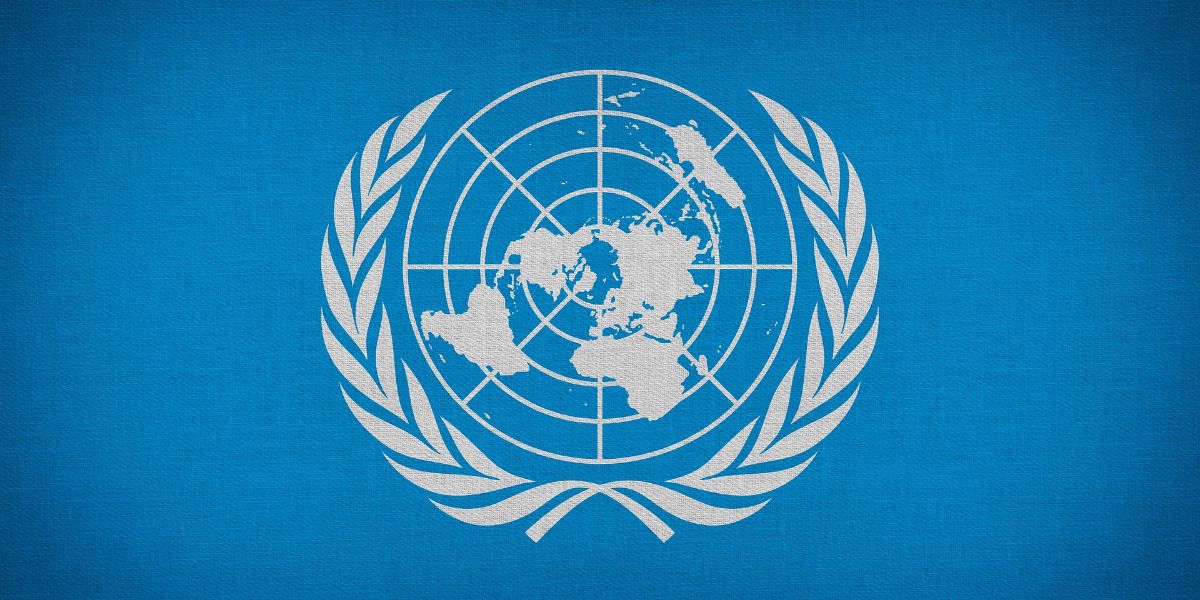The UN Tax Committee at its meetings from 18 to 21 October 2022 discussed an update of the work on the interaction of tax, trade and investment agreements.
The Subcommittee on the Relationship of Tax, Trade and Investment Agreements is mandated to identify priority issues where guidance can usefully assist developing countries, particularly on the relationship of tax with investment and trade agreements. Priority is being given to the workstream on tax and investment agreements. The subcommittee is using outside expertise to assist with the issues.
Issues to be examined
There is a general lack of awareness among tax officials of the potential impact that non-tax agreements, including investment agreements, could have on tax measures. This is mirrored by a lack of awareness among trade and investment negotiators of the areas potential overlap with the coverage of tax treaties. There are uncertainties about the scope of the overlap which arise because the treaties often use undefined or broadly defined terms, and the meaning of the terms can vary from treaty to treaty.
There are marked differences between the dispute resolution provisions in the different types of agreement. An investment agreement may often provide for mandatory binding arbitration at the request of the investor. In tax treaties, the basis of dispute resolution is the mutual agreement procedure. Although the UN Model provides an option for mandatory binding arbitration this is not often incorporated in treaties by developing countries.
An issue for investment treaties is the definition of terms such as of “investments” and “investors” which can have a tax impact through issues such as the provision of treaty protection for “indirect investors”. National Treatment provisions in investment treaties, protecting foreign investors against discriminatory treatment as compared to national investors, can overlap with provisions of tax treaties. Most Favoured Nation (MFN) provisions in investment treaties, providing that treatment offered to a foreign investor of one state is also offered to foreign investors of another state, could also affect tax provisions.
Expropriation clauses of investment treaties have been used to challenge tax measures on the grounds that they amount to indirect expropriation. Umbrella Clauses may result in contractual obligations between the state and a foreign investor falling under international investment treaty obligations, with the result that contractual standstill or stabilization clauses could prevent the application of new tax measures or reduced tax incentives, or require compensation for the investor for tax changes.
UNCTAD
The meeting was informed that UNCTAD looks at tax issues in the context of investment policy and has a roadmap for reform in this area. New investment agreements are often based on UNCTAD guidance. The World Investment Report 2022 looks at tax reform and sustainable development and provides a guide for policymakers to adjust their investment strategies for the likely changes in international tax rules.
Developing countries have often competed for international investment by offering low tax rates, tax incentives and special economic zones. The OECD’s two-pillar international tax reform would give developing countries an opportunity to raise more tax revenue, as tax competition decreases. Countries will also need to review the ways in which they attract foreign investment, and this could lead to a more sustainable investment policy with a reduced need for expensive tax incentives.
Developing countries face constraints in their responses to the reforms, because of a lack of technical capacity to deal with the complexity of the tax changes, and because of investment treaty commitments that could hinder effective fiscal policy action. The international community can help through technical assistance, by resolving the problems caused by international investment agreements, and by measures that protect the tax revenues of the poorest countries.
Next steps
Workstream A on tax and investment agreements is being prioritised. The subcommittee can focus on potential guidance requested by developing countries. At a later date, the subcommittee will also examine workstream B on tax treaties and the General Agreement on Trade and Services (GATS).













